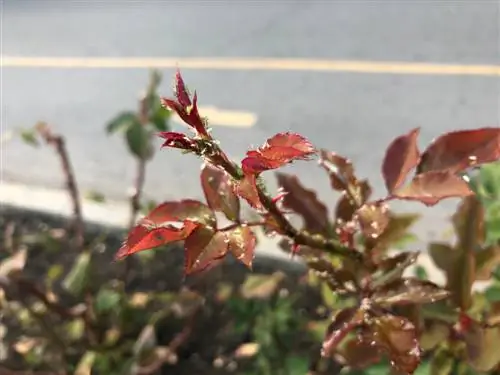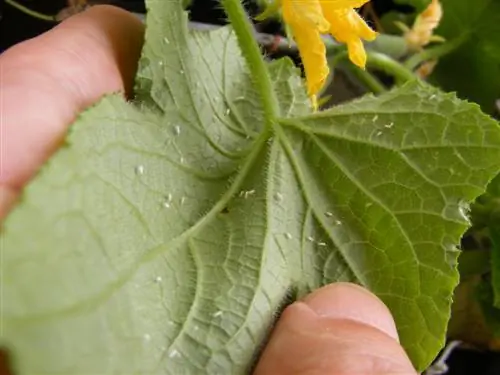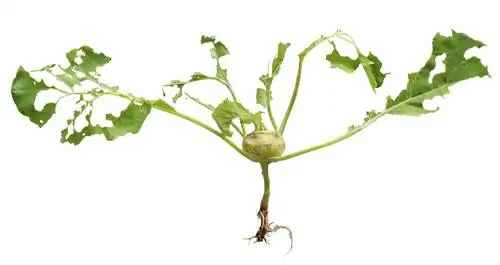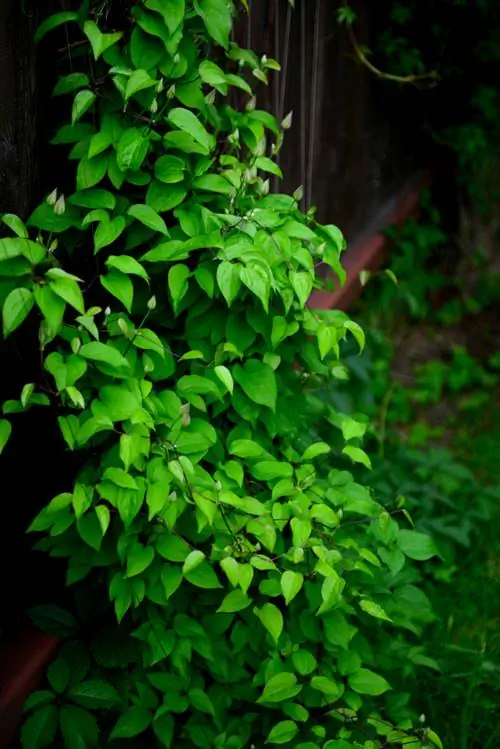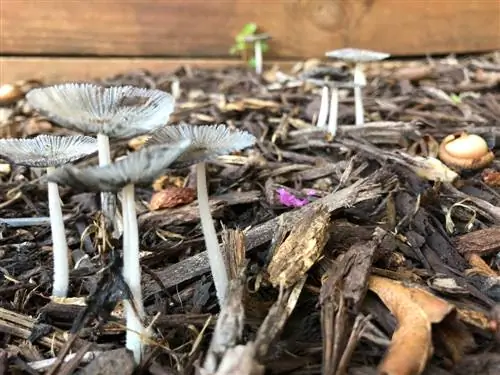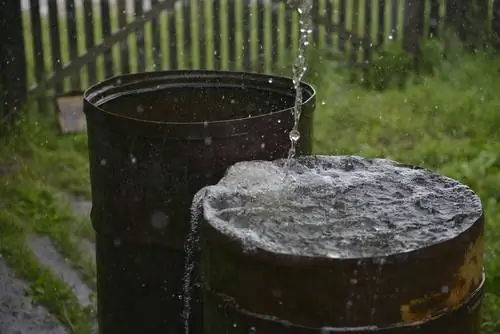- Author admin leonars@hobbygardeners.com.
- Public 2024-01-10 23:11.
- Last modified 2025-01-23 11:22.
Of all things, the beautiful roses lose their impressive appearance due to discolored, sticky leaves. Whiteflies, which particularly target ornamental plants, are probably to blame. A massive spread increases the symptoms even more. That's why quick action is now required. Find out here how you can clearly identify the whitefly and which biological measures can be used to combat it.
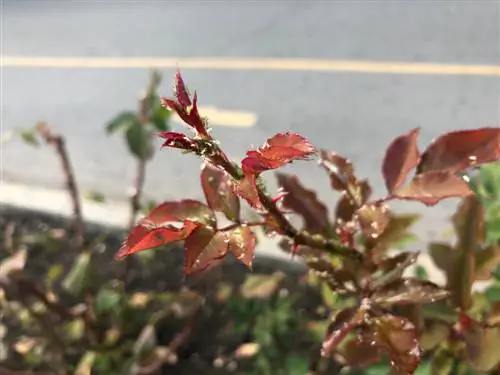
How do you fight whiteflies on roses?
To combat whiteflies on roses, we recommend using yellow tablets or home-made plant decoctions. Alternatively, natural predators such as parasitic wasps or strong scented plants such as basil can be planted near the roses.
Typical signs
- Black speckled leaves
- White animals on the underside of the leaves
- A flying flock touching the roses
- Honeydew
- Unusual leaf drop
Attention: The excreted honeydew promotes, among other things, the development of the sooty mold fungus.
Favorable condition for an infestation
The whitefly mainly attacks roses from May to September. The pests don’t like cold. Warm, humid weather suits them just fine. If the summer is very rainy, there is an increased risk. Therefore, you should check your roses more closely if the conditions mentioned occur.
Treatment measures
No matter how annoying whiteflies are, you should definitely not use chemical agents. There are many alternative home remedies that do not harm the environment and can even be made easily and cost-effectively. Always keep in mind that treatment with pesticides would also affect your rose.
Home remedies
Not particularly attractive, but very effective, for example, are yellow boards (€6.00 on Amazon). If you want to avoid treatment measures becoming visible, spray the undersides of the leaves in particular with a self-made plant decoction.
Predators
Or you can more or less leave the fight to nature. The parasitic wasp, for example, is a natural enemy of the whitefly. However, it will not cause any damage to your garden. Alternatively, plant herbs such as basil near your roses. The intense scent of the plant scares the parasites away. You should definitely take action against the larvae. Adult whiteflies feed exclusively on plant debris that has already been shed. The hatched generation, however, sucks the juice from the leaves. Spreading a layer of sand over the entire substrate prevents them from breeding again. Be sure to remove old plant remains from the soil.

